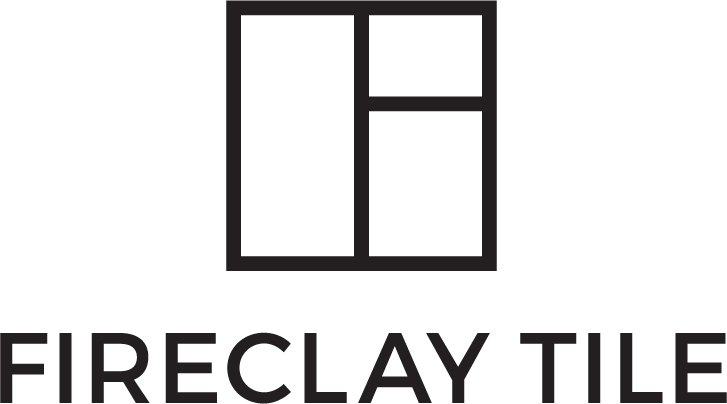

Fireclay Tile

California, United States
January 2015
Other manufacturing
Manufacturing
United States
Fireclay Tile was founded in 1986 by Paul Burns, its Chief Ceramicist, whose mission was to make beautiful tile for people, the way they want it, when they want it. Today Fireclay is proud to be the only vertically integrated, direct-to-customer tile manufacturer whose strength lies just as much in service as in making tile. With a firm belief that there is nothing more sustainable than good design, Fireclay has chosen to devote its work to making durable products that will retain their beauty for years to come. A long standing dedication to reducing waste and maximizing efficiency has led the company to make 100 percent of its product at its Northern California factory where they are able to leverage time honored techniques with modern technology. The company’s made-to-order efficiencies allow for an extensive assortment of carefully curated products including, Tile, Brick, and Handpainted. Fireclay’s client list includes Whole Foods, Starbucks, Salesforce, and Google. All product lines contribute to achieving LEED credits. Fireclay aims to be a triple bottom line company and ensure they take the environment and its 155 employees’ well being into every decision they make. To learn more about Fireclay Tile or to order free samples, please visit www.fireclaytile.com.
Overall B Impact Score
Governance 18.7
Governance evaluates a company's overall mission, engagement around its social/environmental impact, ethics, and transparency. This section also evaluates the ability of a company to protect their mission and formally consider stakeholders in decision making through their corporate structure (e.g. benefit corporation) or corporate governing documents.
What is this? A company with an Impact Business Model is intentionally designed to create a specific positive outcome for one of its stakeholders - such as workers, community, environment, or customers.
Workers 29.6
Workers evaluates a company’s contributions to its employees’ financial security, health & safety, wellness, career development, and engagement & satisfaction. In addition, this section recognizes business models designed to benefit workers, such as companies that are at least 40% owned by non-executive employees and those that have workforce development programs to support individuals with barriers to employment.
Community 27.6
Community evaluates a company’s engagement with and impact on the communities in which it operates, hires from, and sources from. Topics include diversity, equity & inclusion, economic impact, civic engagement, charitable giving, and supply chain management. In addition, this section recognizes business models that are designed to address specific community-oriented problems, such as poverty alleviation through fair trade sourcing or distribution via microenterprises, producer cooperative models, locally focused economic development, and formal charitable giving commitments.
Environment 46.7
Environment evaluates a company’s overall environmental management practices as well as its impact on the air, climate, water, land, and biodiversity. This includes the direct impact of a company’s operations and, when applicable its supply chain and distribution channels. This section also recognizes companies with environmentally innovative production processes and those that sell products or services that have a positive environmental impact. Some examples might include products and services that create renewable energy, reduce consumption or waste, conserve land or wildlife, provide less toxic alternatives to the market, or educate people about environmental problems.
What is this? A company with an Impact Business Model is intentionally designed to create a specific positive outcome for one of its stakeholders - such as workers, community, environment, or customers.
Customers 5.0
Customers evaluates a company’s stewardship of its customers through the quality of its products and services, ethical marketing, data privacy and security, and feedback channels. In addition, this section recognizes products or services that are designed to address a particular social problem for or through its customers, such as health or educational products, arts & media products, serving underserved customers/clients, and services that improve the social impact of other businesses or organizations.